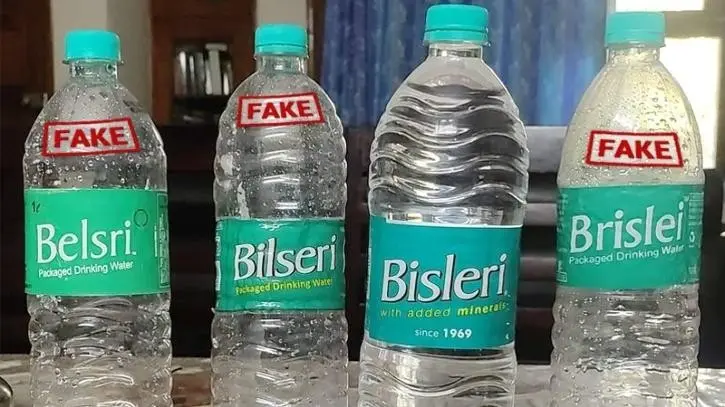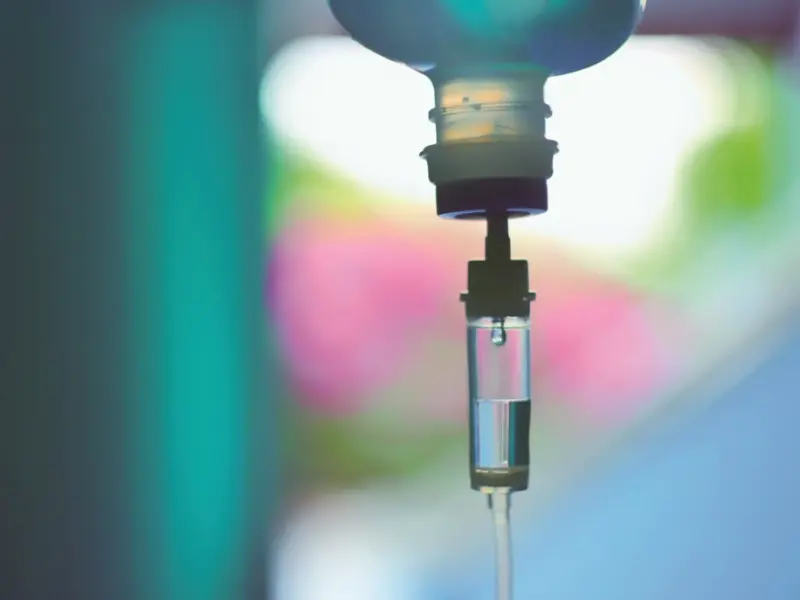In a startling revelation, packaged drinking water sold across multiple districts of Uttar Pradesh, including Ghaziabad and Greater Noida, has been found contaminated with E. coli bacteria, a dangerous microorganism known to cause serious gastrointestinal infections. The contaminated water was discovered in bottle and pouch formats, many sold under names mimicking well-known brands.
Health officials have warned travelers and daily consumers to exercise caution while consuming bottled water from unverified sources.
🦠 E. Coli Bacteria Detected in Packaged Water Samples
According to official sources, packaged water samples collected from seven districts failed routine quality tests. The presence of E. coli bacteria, especially in water sold in bottles and pouches, poses a grave risk to public health. These bacteria can cause diarrhea, stomach cramps, and in severe cases, kidney failure, especially in children and the elderly.
Dr. Ramakant Rawat, former professor at the Department of Medicine, Safdarjung Ayurveda Institute, noted, “The presence of E. coli in drinking water is extremely harmful and can cause mass infections.”
🧴 Fake Branding and Unregulated Manufacturing Behind Contamination
The contaminated water was being sold under names resembling popular brands like Bisleri, Blustar, and New Gangajal. Investigations revealed that unauthorized units were filling and distributing water in bottles imitating big-brand packaging to mislead consumers.
Greater Noida authorities conducted raids at two illegal bottling units operating in Sector-5 and confiscated thousands of fake bottles. Printing machines, branding materials, and raw packaging stock were also seized. These units were operating without any quality checks or approvals.
🧪 Nationwide Water Quality Standards Under Scrutiny
This isn’t an isolated case. According to recent reports, only 28% of 2,555 bottled water samples tested across India last month met full safety standards. In Karnataka, the water quality test results were particularly poor, revealing a serious gap in regulatory enforcement.
Furthermore, a 2024 study by Proceedings of the National Academy of Sciences found that a one-litre bottle of water contained up to 2.4 lakh microplastic particles, raising additional health concerns.
🧾 Government Takes Action: New Rules for Bottled Water Manufacturers
In response to the growing crisis:
-
From December 1, 2024, bottled and mineral water have been classified as high-risk food items by the FSSAI.
-
All licensed manufacturers are now required to undergo mandatory third-party audits each year to maintain compliance with food safety standards.





